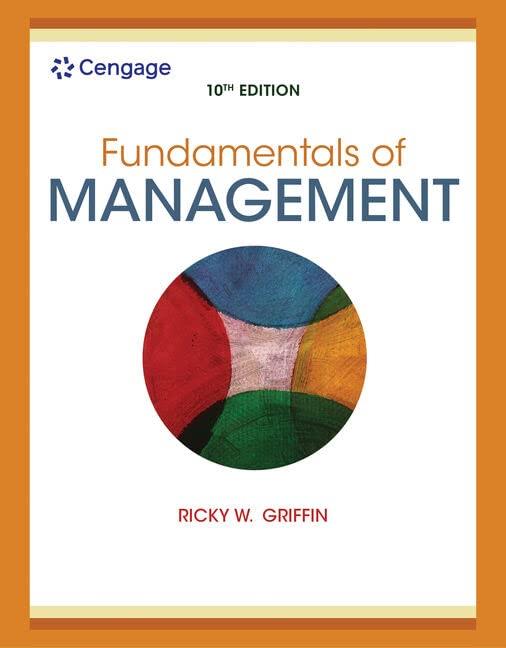Answered step by step
Verified Expert Solution
Question
1 Approved Answer
Smith was a guard on Notre Dames football team. He expected to be drafted by the NFL and play professionally. The estate is suing to
Smith was a guard on Notre Dames football team. He expected to be drafted by the NFL and play professionally. The estate is suing to recover (among other damages) Smiths lost future earnings as a professional football player. Smith died over the Christmas holidays of his senior year. He had completed four years of college eligibility and had expressions of interest from several NFL teams, but the NFL draft had not yet occurred when he died. He was a starting guard during his junior and senior years and was voted on the All-American second team in his senior year. To prove Smiths expected future earnings as a professional football player, plaintiff seeks to introduce evidence of the contracts five other members of his Notre Dame team who were seniors with Smith received from their NFL teams. These were:
Step by Step Solution
★★★★★
3.53 Rating (150 Votes )
There are 3 Steps involved in it
Step: 1
1Objections and Motions The defense could raise objections such as relevance and hearsay regarding t...
Get Instant Access to Expert-Tailored Solutions
See step-by-step solutions with expert insights and AI powered tools for academic success
Step: 2

Step: 3

Ace Your Homework with AI
Get the answers you need in no time with our AI-driven, step-by-step assistance
Get Started


